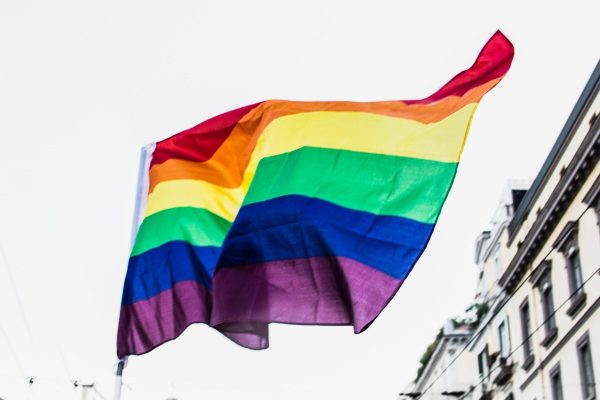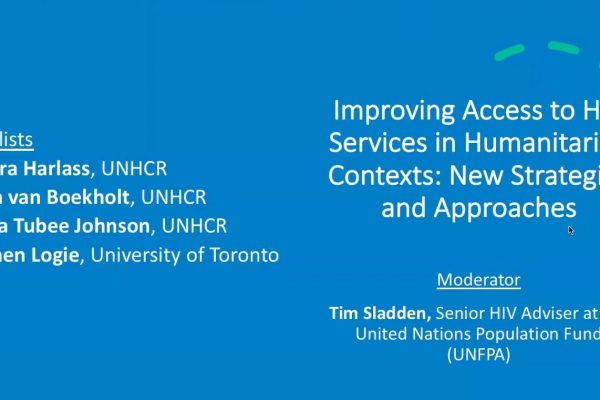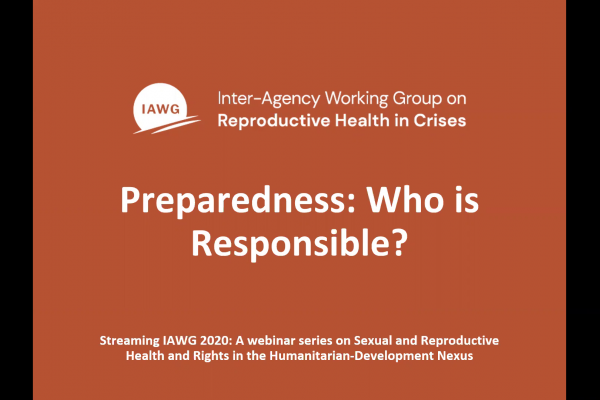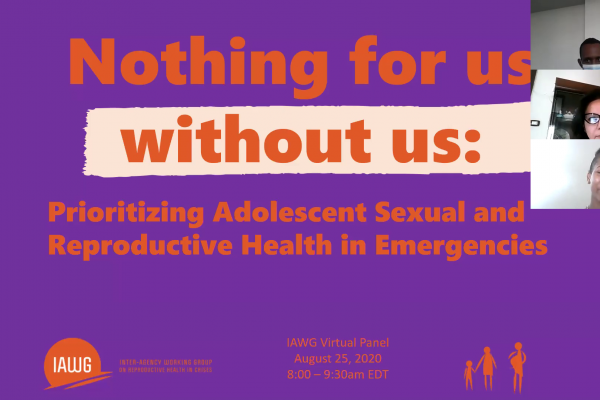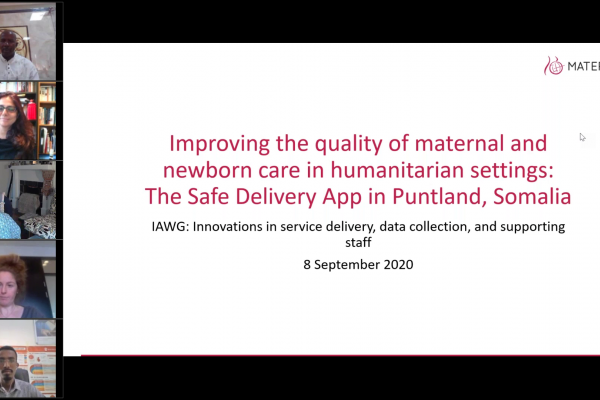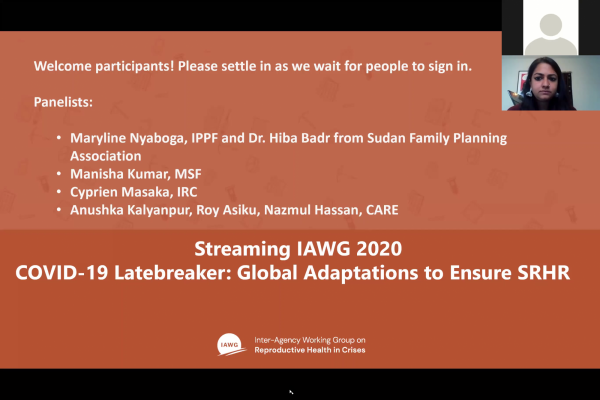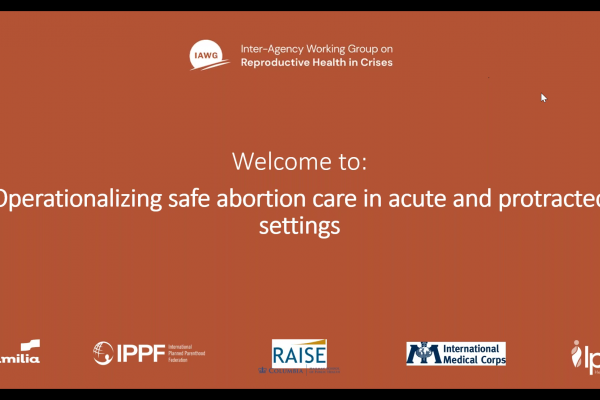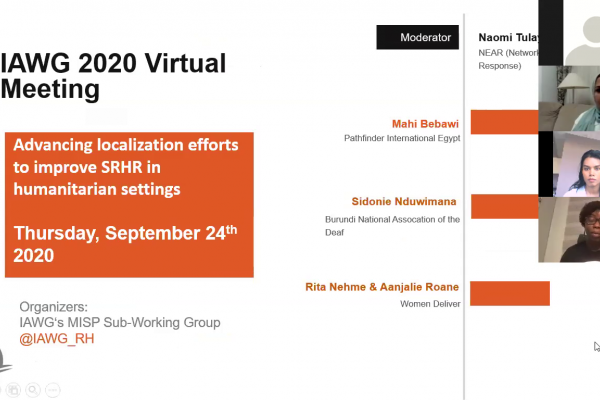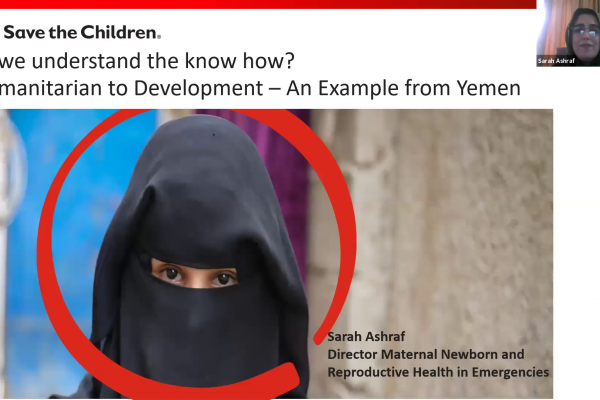Sexual and Gender-Based Violence (SGBV) is a global pandemic further exacerbated in humanitarian settings. Promoting sexual and reproductive rights as well as access to sexual and reproductive health (SRH) services is critical to prevent and respond to gender-based violence (GBV) and the negative sexual and reproductive health effects of SGBV are well known. Attending to the physical and mental health needs of survivors is therefore an essential activity. In this panel speakers from Colombia, Malaysia, Uganda, and Ukraine shared their experiences serving survivors. The session discusses of factors among GBV survivors seeking psychosocial services; access to post-sexual violence services by survivors with diverse sexual orientation and gender identity and expression (SOGIE); a case management approach linking survivors cash, protection, and psychosocial support; and partnership with government to support the delivery of SRH and GBV services to refugees and host populations in refugee settlement areas.


